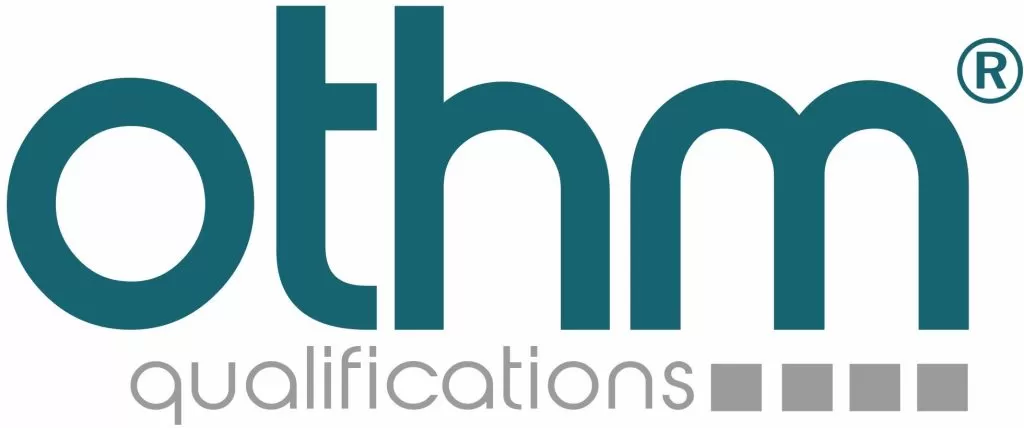- Helpline | Mon-Fri 6am-6pm | Sat 7am-4pm
- +44-20-3890-5504 +44-20-3890-5506
BUILD YOUR FUTURE
Find Your Course

Online education and training courses at affordable prices
Flexible study, great material, & knowledgeable tutor
Our aim is to provide our learners with the best chance of further employment.

Teacher and Advisor
"My tutors have been very supportive and always provided constructive criticism for me to be able to develop further along with praise on what I have done well."




